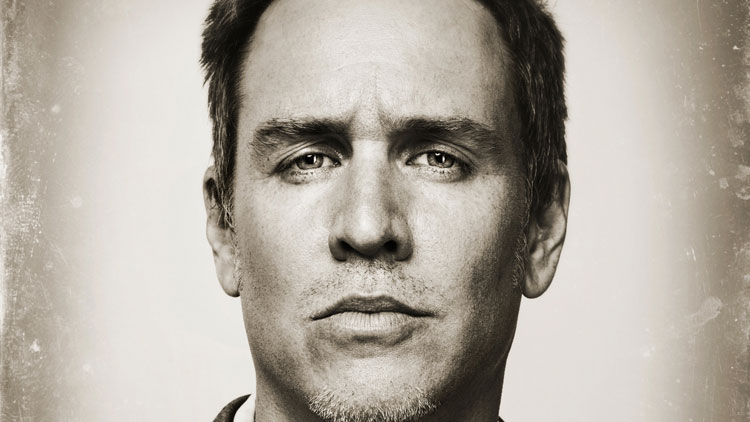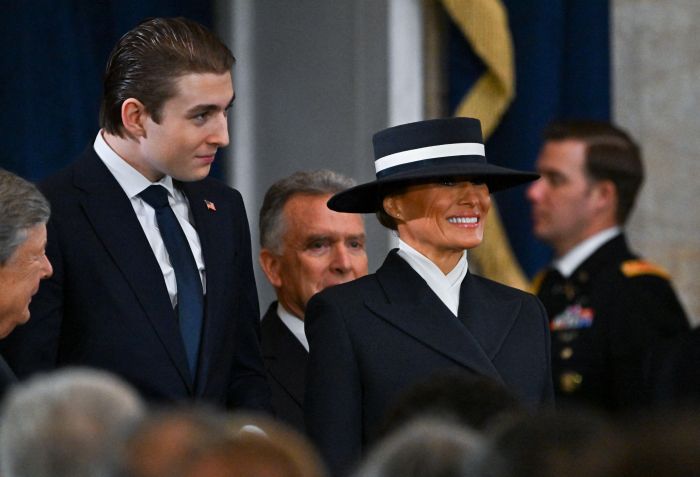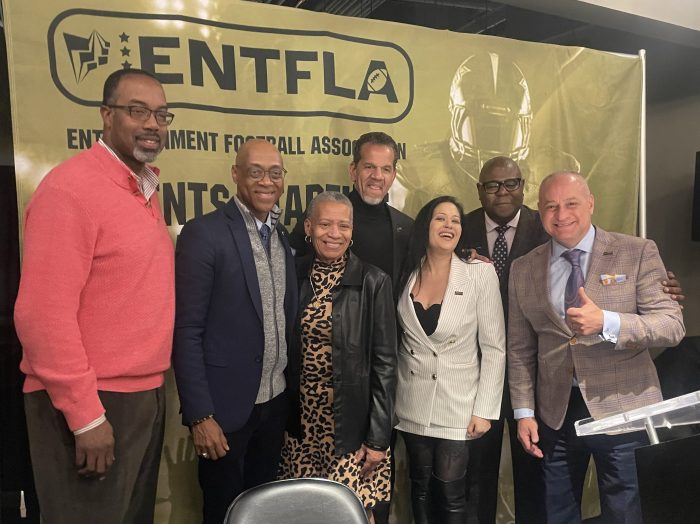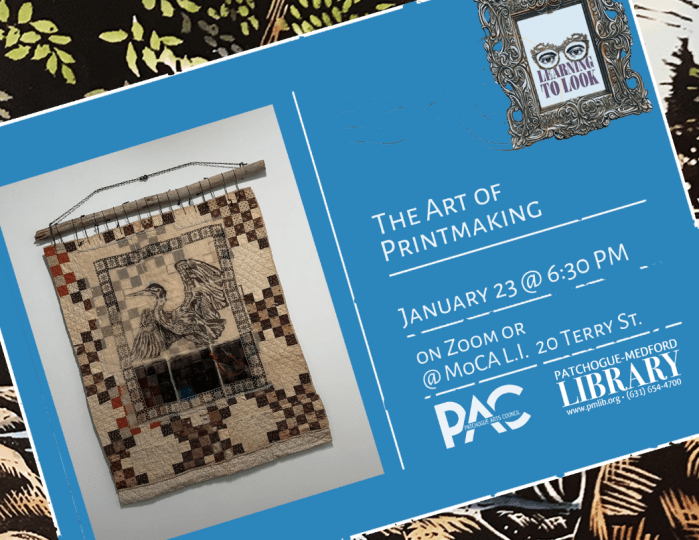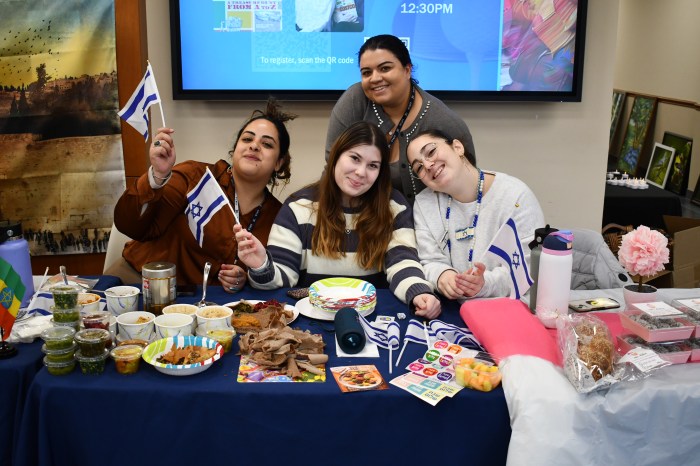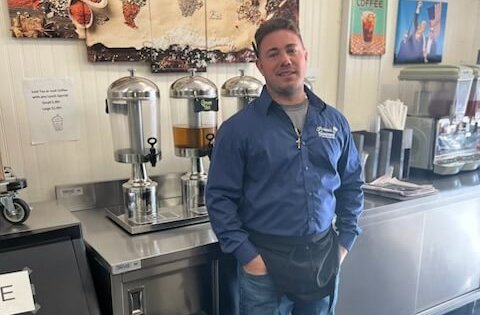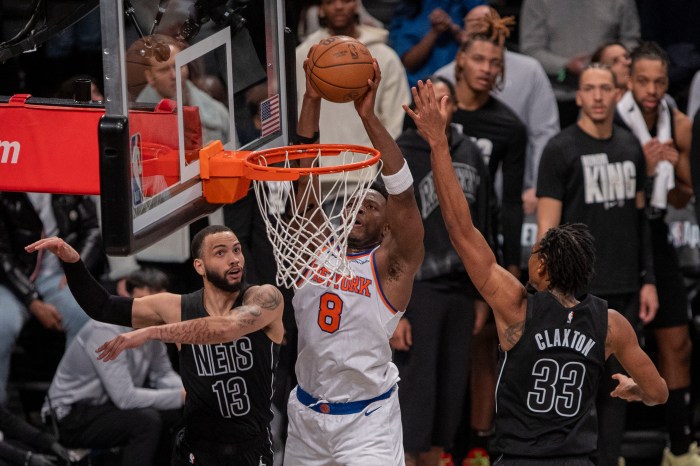Stephen Lynch always aspired to be a performer. In his college years he took his love for music, theater and comedy and combined the three into an explosive stage act that’s led to sold out shows across the globe. Following his first televised appearance on Comedy Central in 2000, Lynch has gained a dedicated following and has since released five music comedy albums. His latest full-length called Lion, was released in November 2012 and shows a more mature singer/songwriter with a refined collection of material and a departure from his old formula—which the funnyman admits he’s outgrown. Lynch is currently on tour playing a few east coast dates before leaving for Europe. See him at Long Island’s newest venue, The Space at Westbury, 250 Post Ave., Westbury. $25-$41.90. 7 p.m. Friday, Oct. 11.
Long Island Press: What drew you to the performing arts and when did you decide to incorporate comedy into your music?
Stephen Lynch: Well, I don’t remember exactly when I decided to incorporate it. I mean, I grew up doing musical theatre and so music was always a part of my life and there’s lots of musical theatre comedies. So, it just seemed to be sort of a natural fit. I never had a light bulb moment where I thought comedy and music would go well together, because I think it’s something that’s clearly been around for a long time. But when I first started playing piano and then later guitar and determined that I could write songs myself. I don’t know, it just seemed like the more fun way to go, especially as an adolescent boy to make a lot of dirty jokes while you’re singing I guess I just haven’t outgrown it. Yeah, probably after I heard Weird Al for the first time. I decided that I would be his protégé. [laughs] Except I didn’t parody other songs I started right away just writing my own.
LIP: You wrote songs at a young age, and then later you were writing comedic material set to music when you were in college. Did you anticipate that this would become a basis for a career?
SL: Oh, no. No, no, God no. I mean I just did it to amuse myself and I wrote things other than comedy songs, so it was a way to always be writing and always being creative. You know, I didn’t think anybody would actually hear these things. And now I’m slightly embarrassed that people have.
LIP: And when you first started out, were you playing in front of friends and family, we’re you playing open mics? How did you begin to evolve into who you are today?
SL: Well, I had lots of roommates, as most of us do when we’re that age. So, whether they liked it or not they were subject to hearing these songs as I wrote them, just so that I could get a reaction. And the first time I ever played them in front of people, I didn’t know, I was in New York City when I had just moved there and went to a cabaret night at a place in midtown at the urging of a friend. He ran the room and I wasn’t sure how people who weren’t my stoned 19-year-old friends were going to react to these songs, but they seemed to dig them, so I just kept doing it. I still didn’t think that it would be a career, I just thought it would be a fun hobby, I guess.
LIP: And at that point did you realize that this was what you’d be doing fulltime?
SL: I don’t know, it came from just sort of making the rounds in New York, doing coffee houses and open mic nights. I started doing some of the Lower East Side comedy shows and still just doing it to have fun, and I had my sights set on doing other more quote, unquote-important things, like theatre. And maybe getting together with other musicians and writing songs that weren’t meant to make people laugh. But then I don’t know, somebody from Comedy Central saw me and offered me the chance to fly out to LA and do a song or two on television and I jumped at it. I still didn’t think it would be my career. It wasn’t for another three or four or five years before I quit my horrible temping day job and even then I was taking a chance. I figured if I threw it out there into the universe and said that this is what I wanted to do, then maybe the universe would be kind to me.
LIP: I do remember when I first saw you on Comedy Central. You looked very comfortable up there and it seemed really natural. How did it feel knowing that you were going to be releasing this material to a nation of viewers?
SL: I’m glad you said that I looked comfortable, because I wasn’t. I was a nervous wreck. I always am before any performance, but I’ve been doing it long enough now that I know how to sort of corral the nerves and put them in the proper place and use them to help me when I’m on stage. But, you know, I was petrified and the kind of things I was singing about, I never thought would be something a wide audience would be interested in. I think I found sort of a niche following of people who enjoy what I do.
LIP: In 2006 you were the lead in the Broadway musical based on Adam Sandler’s The Wedding Singer and I think that this must’ve been a good fit for you. What led you to this role and what was it like performing on Broadway?
SL: It was something I always wanted to do. As I mentioned earlier, when I moved to New York it was with dreams of doing Broadway and doing, not necessarily musicals, but anything. I went on a lot of auditions, let’s put it that way. And then when I started touring the country I put that on the back burner, but I always told my agents that if anything interesting came along I would still want to do that sort of thing. And that’s when they approached me with this musical, which I was weary about at first, but then I listened to the music and loved it, and thought that it was original and funny and good. So, I auditioned and I was with the project from that point on.
LIP: What was it like working on [Lion] and how do you feel it compares to some of your earlier work?
SL: Well, it’s my favorite of the records. Only because I took a lot of time with this one and it was three plus years between the one previous to that and Lion coming out. It was because I was sick of the sort of formula that I had been trapped in, I felt for a long time. So, I decided to throw those tricks I was using away and start from scratch and see if I could really concentrate on writing stuff that I liked for once. Instead of just stuff that I thought would be accepted from the audience. And so, it’s very fulfilling in that way, because I was really proud of it and I liked all of the songs for once and it made recording both in the studio and live in front of the audience fun again, which is great. I feel like I’m sort of starting a rebuilding process, you know? I had been out of the proverbial spotlight for a while. Didn’t do any touring, just sat in my basement and wrote. It took me a long time to do it, obviously, but it’s paying off. People are starting to come to the shows again and rediscover me, for lack of a better term.
LIP: How do you feel that transitions to the live shows you’ve been playing? Do you feel that people have been receptive to your new work? How would you describe that?
SL: I knew I was going to alienate a few people who just wanted and liked the style of the older material. But that stuff wasn’t funny to me anymore and it wasn’t interesting to me. And so having 13 new songs that I can do when I toured in front of a live audience is very liberating and fun and I still throw in old material just so the show is representative of every stage of this weird career that I’ve built. And because I know that people have favorite songs from the first record and some of the older records and I want them to be able to hear those. It made touring, at least for me, like recording—it made it fun again and interesting.
LIP: Do you see yourself coming out with some new material soon?
SL: Well, I’m always trying to write, so I never know how long it’s going to take me to come up with enough songs for a record. So, I don’t know, maybe it’s time to look at a new model of releasing songs. Maybe I’ll just do one at a time. These days people buy single songs, they don’t necessarily buy whole records. That is when they’re actually buying them and not streaming them or torrenting them. So, I don’t know, maybe I’ll do something different this time and write a few at a time and then release those instead of using the old album model. But I love that model so much! So, I haven’t quite decided yet.
LIP: What was it like touring in support of your latest release and what can you tell us about the tour that you’re currently on?
SL: It was great fun. Courtney Jaye is the woman that sings some of the duets on the record with me, which I had never written before, again I wanted to try something new. She had some time in her schedule and was nice enough to hit the road with me and a couple of other guys that I had been touring with for a while came back. So, it’s been really fun. We started the tour sort of with a setlist and didn’t know what was going to end up staying as the tour progressed and what we were going to talk about between the songs. I didn’t write any of that stuff. I like to sort of just go up there and see what happens and as these tours progress it’s tightened itself into a real show with a beginning, middle and an end. So now is the perfect time to see it because I think it’s at its best right now.
LIP: What sort of message do you feel that people should take away from your performance after you’ve left the stage?
SL: I suppose 10 years ago it was just about getting some laughs on stage. Now I’m much more interested in creating a full show experience and for it to be more of a theatrical event, rather than just me sitting on a stool singing ten songs and hoping to get some laughs. I try to weave a little story throughout the show and so that’s what’s important to me now, and I think we’ve been pretty successful at least in the last few months of getting the show to that point.



